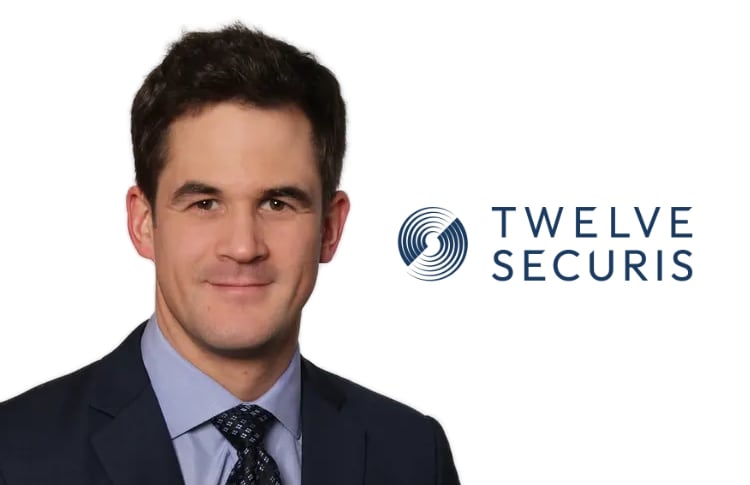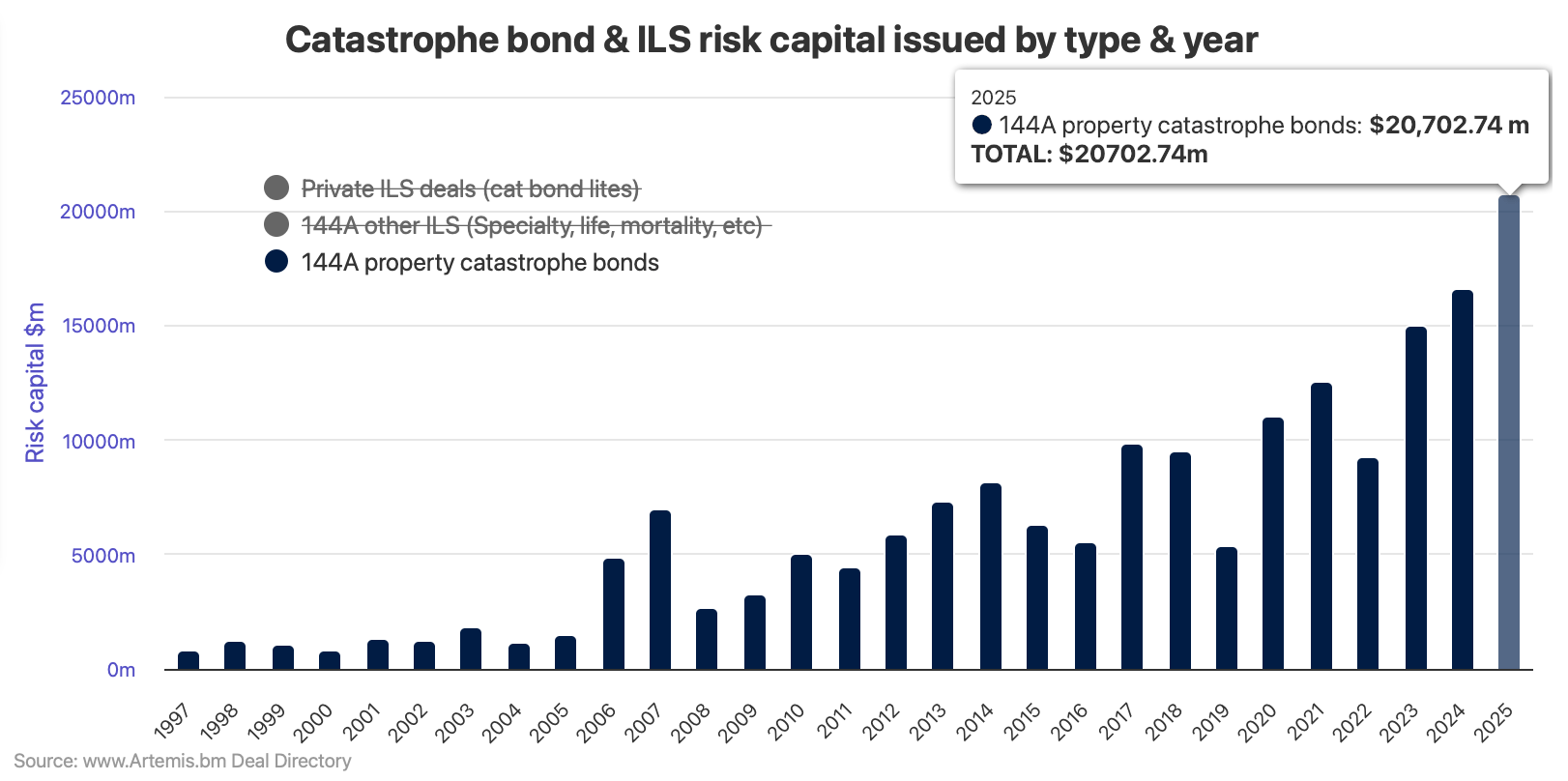
No matter what lifestyle you lead or career path you choose, you can't hide from your financial health.Unfortunately, physicians and other high-earning medical professionals often struggle with financial literacy.As a result, this can lead to ill-informed decisions that have disastrous, long-term effects on their financial wellness.
Poor financial literacy among physicians To be financially literate is to be able to understand and use financial skills — such as budgeting and investing — to bolster your personal finances.Financial literacy is a vital aspect of modern life because it greatly impacts many important aspects of living.But physicians are often met with unique challenges that hinder their financial wellness.
Among these include a lengthy, expensive education, the mountain of student debt that follows, and the all-consuming nature of their profession.Their lengthy education delays normal income patterns After graduating high school, it takes 10 to 14 years to become a doctor.And that's if everything goes as planned.
Most professionals are able to enter the workforce in their desired field after receiving a four-year bachelor’s degree.Some are able to succeed with a two-year associate’s degree that cuts their college time in half.But doctors-to-be must spend an additional four years in medical school and anywhere from three to seven years as a resident.
Because of all this additional schooling, doctors are not able to work full-time jobs throughout most of their twenties.Most have to get by with whatever part-time work they can handle on top of their heavy course loads.Meanwhile, their peerrs are able to earn tens of thousands of dollars a year and begin seriously saving for retirement, paying off student debt, and financially investing in their futures earlier.
They have mountains of student debt $251,600.That’s the average medical school debt a 2019 graduate faces according to the Association of American Medical Colleges.That number is a 2.5% increase from the 2018 average medical school debt, and it’s one that continues to rise year by year.
This means that, on average, doctors owe more than $2,000 per month according to standard ten-year federal repayment programs.Most non-medical professionals pay a fraction of that to cover their education.Because of this debt, it takes doctors a lot longer than other professionals to begin freely investing in their own financial futures.
They have to work long and hard to pay off medical school debt the size of which most people will never be able to fathom.Their jobs can be all-consuming Unlike many other professions, working as a doctor can infiltrate every aspect of a person’s life.From long shifts to keeping up-to-date with the latest procedures and medicines, physicians may find it hard to find time to learn about financial wellness and become literate toward their own finances.
But understanding your finances is a vital part to attaining the lifestyles and successes you want out of life, so it’s important to make time to learn about your money, like: Fortunately, there are many resources out there for doctors from all walks of life that will help you become financially savvy.Learn about everything you can from mistakes you need to avoid to how you can take control of your assets, and the more you learn, the more financially literate you will become.Becoming financially well When someone is financially well, they are free to live their life without having to worry about money.
They know that their bills are covered, their debt is paid, and their financial futures are secure.This allows them to enjoy the fortunes they are building for themselves, rather than stress over making ends meet.Financial wellness is not an easy thing to achieve as a doctor, because you have many different things working against you from debt to late-blooming careers and beyond.
But it’s by no means impossible! One of the most important things you can do — especially as a young doctor with debt — is to make sure you pick a budget that fits your lifestyle.Setting a budget that meet all your needs in a set time allows you to have more financial freedom down the road once you are debt-free.By budgeting early, you can save yourself a lot of pain that can come from trying to pay off debt, save for retirement, and start a family all at once.
Building long-term investments is another great way to develop your finances and become more financially well-off.These can include investing in shares, property, bonds, annuities, and much more, and what’s better is that they will work for you to earn passive income that can greatly benefit you in the long-run — especially if you invest early on.Remember, the earlier you invest, the more time your investment has to grow.
And yes, all investments can come with a certain amount of risk, but if you carefully weigh your options, you’re sure to find options that work for you.Key takeaways
Just remember, if you take the time to set achievable goals, clearly budget your day-to-day finances, and build long-term investments, you, too, will have the security and peace of mind financial wellness can bring.
Publisher: LeverageRx








